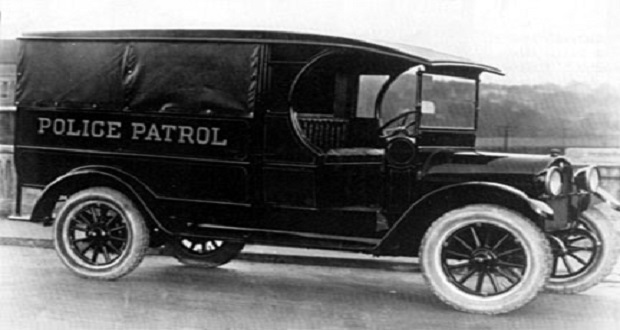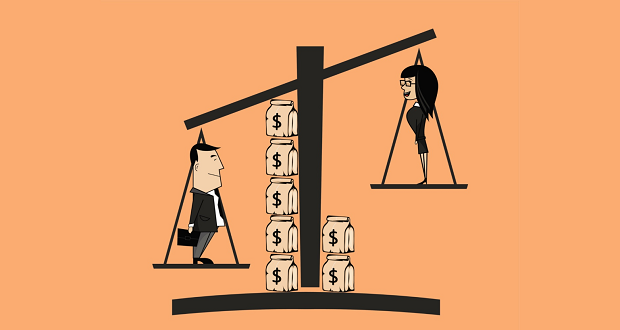
In this last installment of this series, I want to explore “paddy wagon.” Typically, the phrase refers to a police car, as in, “The paddy wagon hauled him off to the station.” What seems like a harmless phrase, though, has a troublesome origin.
“Paddy” started out in the 1780s as a nickname for “Patrick”; it also worked its way into Black slang by the 1940s to refer to any white person. Etymologists, meanwhile, speculate that “paddy wagon” stemmed from one of two stereotypes: (1) that many Irish people became police officers or (2) the perception of drunken Irish men finding themselves in the backs of police vehicles.
But is the phrase actually offensive? C. Virginia Fields, came under attack when she uttered the expression while running for New York City mayor in 2005.
In a TV interview, Fields recounted her experience of being arrested in 1963 at a civil-rights rally. “We marched to mid-block at best and the paddy wagon was there and we were told we were marching without a permit and we could either turn around or we would be arrested,” Fields said. “We fell on our knees and we were put into the paddy wagon.”
After her comments stirred minor controversy, her campaign spokesperson explained, “Obviously she did not mean to offend anyone. If she did, she is very sorry.”
The irony here is that Fields was describing an incident in which she was fighting for equality. In his famous “I’ve Been to the Mountaintop” speech, Martin Luther King Jr. declared: “And then we would be thrown in the paddy wagons, and sometimes we were stacked in there like sardines in a can. And they would throw us in, and old Bull would say, ‘Take them off,’ and they did; and we would just go in the paddy wagon singing, ‘We Shall Overcome.’”
Obviously, everyone knew exactly what Dr. King meant. Certainly, he did not view the words as pejoratives. And let’s be honest, neither did Fields. The only difference is that in the more than 40 years since Dr. King said the words, society has become more sensitive—some might argue oversensitive—to the use of certain language.
Personally, I think context matters a lot, but I also believe that the historical significance of words is part of that context. Consequently, it’s never a bad idea to explore yesterday’s meanings of words to help shape modern-day definitions and usage.


















